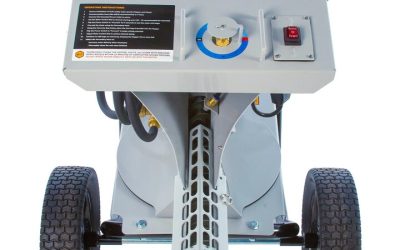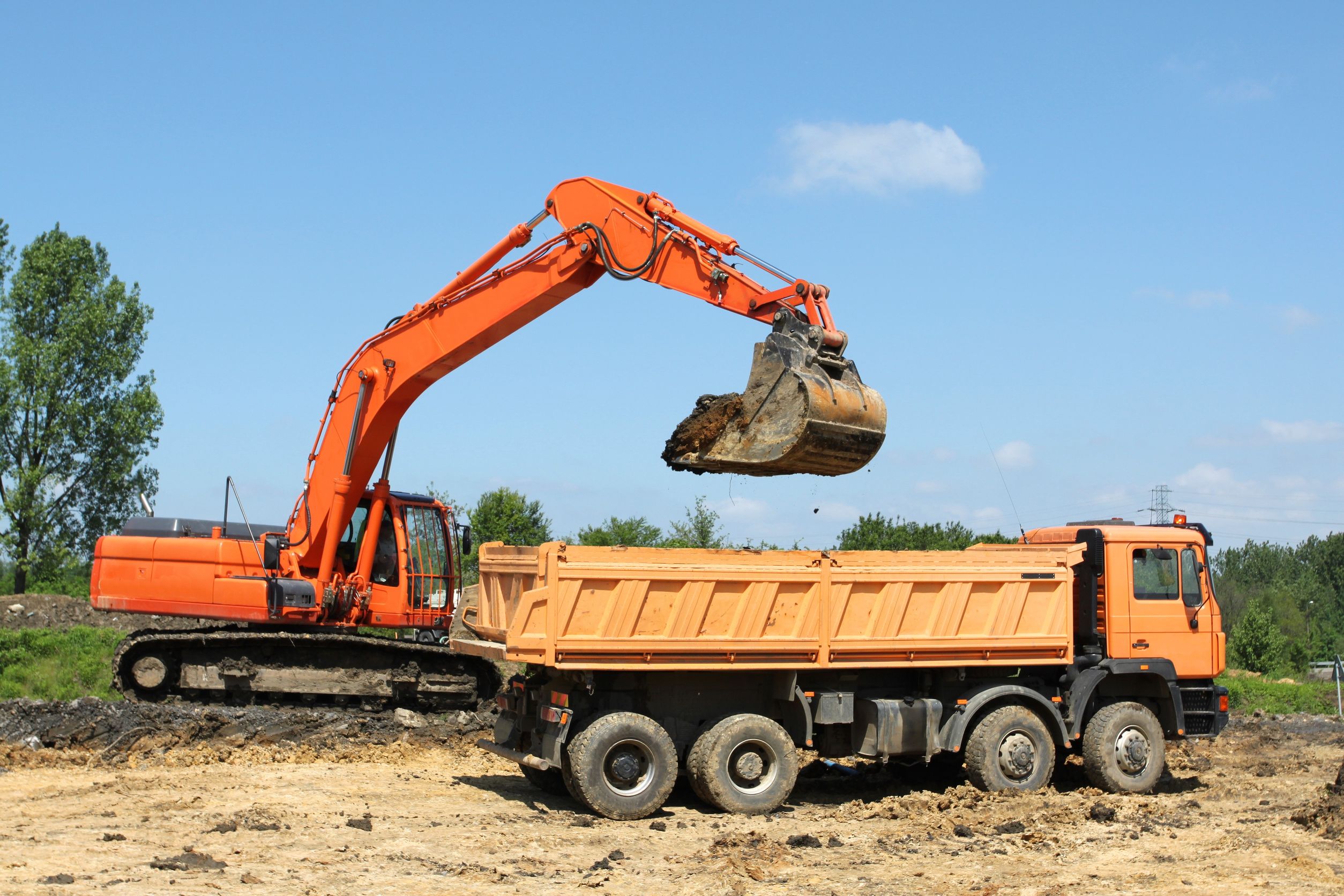When embarking on construction or renovation projects, one of the most crucial tools you will need is an efficient Electric Cement Mixer. This essential piece of equipment ensures that concrete is mixed to the right consistency, vital for the structural integrity of any build. Choosing the right electric cement mixer isn’t just about picking the most expensive or the biggest one; it requires a consideration of several factors tailored to your project needs. Here’s how to make an informed choice.
Assess Your Project Requirements
Before delving into features and specifications, clearly define what you need from a cement mixer:
- Project Size: : Larger projects require mixers with higher capacities. For small-scale DIY projects, a portable mixer might suffice.
- Frequency of Use: : If you’re using the mixer frequently, opt for a high-durability model that can withstand regular use.
- Material Consistency: : Some mixers are better suited for different materials or mix consistencies. Ensure the mixer you select can handle the material you plan to use.
Key Features to Consider
Once you have a clear understanding of your project requirements, consider these key features in an electric cement mixer:
- Drum Capacity: : This determines how much cement mix you can process at a time. Capacities can vary widely, from small 50-liter drums suitable for home projects to large commercial models.
- Motor Power: : More powerful motors can mix tougher materials and larger volumes of concrete more effectively. Look for motors that offer between 1 to 5 horsepower depending on your needs.
- Build Quality: : A sturdy construction using quality materials like steel ensures longevity and durability of your mixer.
- Portability: : If you need to move the mixer around various sites or within a large construction area, consider models with wheels.
- Ease of Use: : Features like ergonomic handles, easy tilt, and discharge options can make a mixer more user-friendly.
Additional Considerations
- Power Source: : Most electric cement mixers require standard household power, but some might need higher voltage. Check the power requirements and ensure compatibility with your available sources.
- Safety Features: : Safety should never be compromised. Look for mixers with shields over moving parts, emergency stops, and thermal overload protection.
- Warranty and Support: : Always check the warranty offered with the mixer. Longer warranty periods and accessible customer support can be invaluable.
Making the Purchase
With a clear idea of what to look for, here are a few tips for when you’re ready to purchase:
- Compare Prices: : Shop around to find the best deal once you’ve identified the model that fits your needs.
- Read Reviews: : User reviews can provide practical insights into how a mixer performs in real-life conditions.
- Inspect the Mixer: : If possible, inspect the mixer before purchase to ensure it matches up to its specifications and is free of defects.
Conclusion
Choosing the right electric cement mixer involves a thorough understanding of your project’s specific needs, coupled with a careful consideration of the mixer’s features and specifications. By assessing your project size and requirements, understanding the key features, and considering additional factors like safety and ease of use, you can select a mixer that not only meets but exceeds your expectations. Remember, the right tools not only ease the workload but also enhance the quality and efficiency of the outcome.



